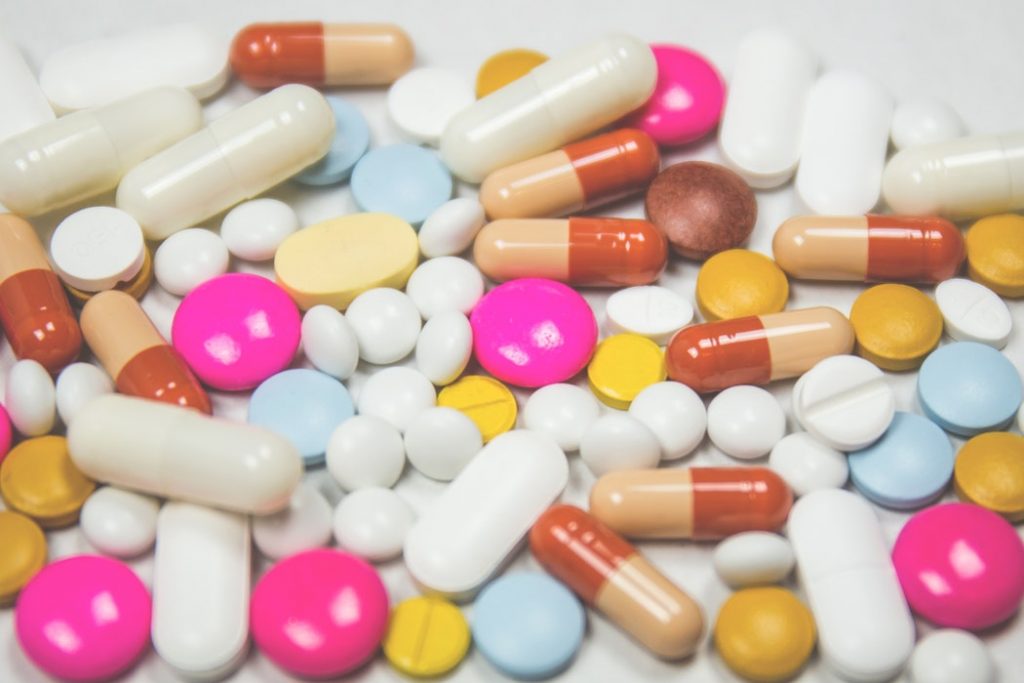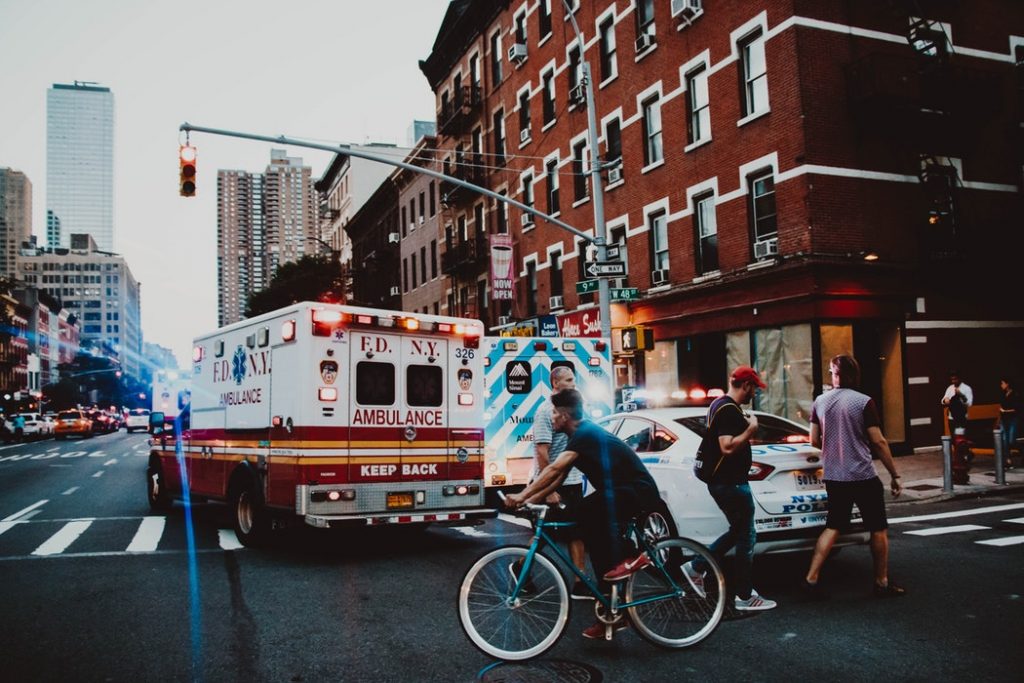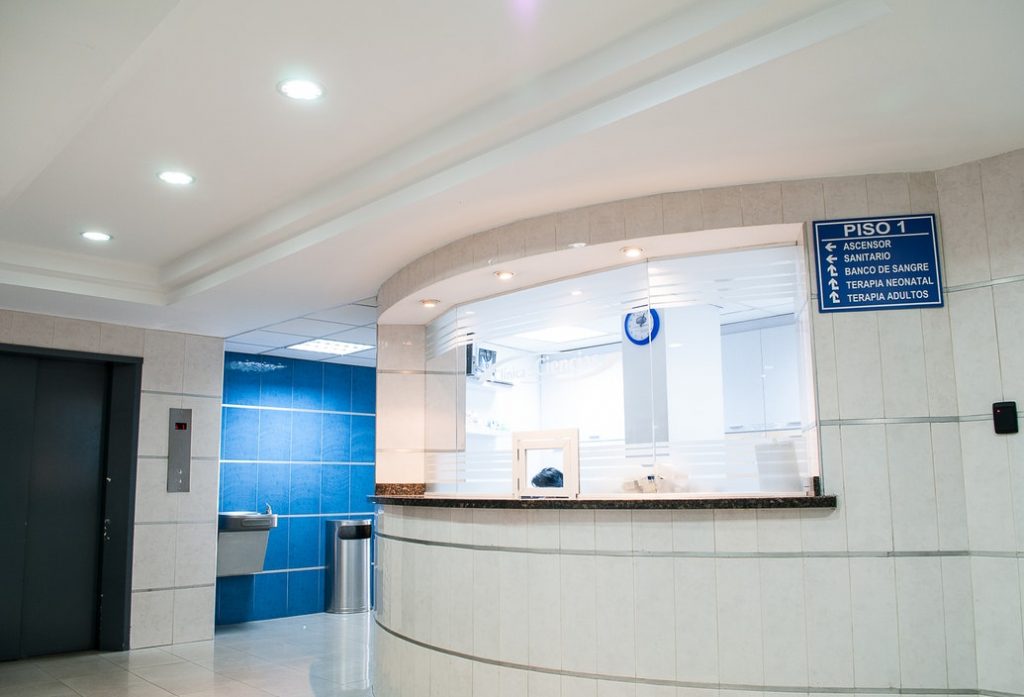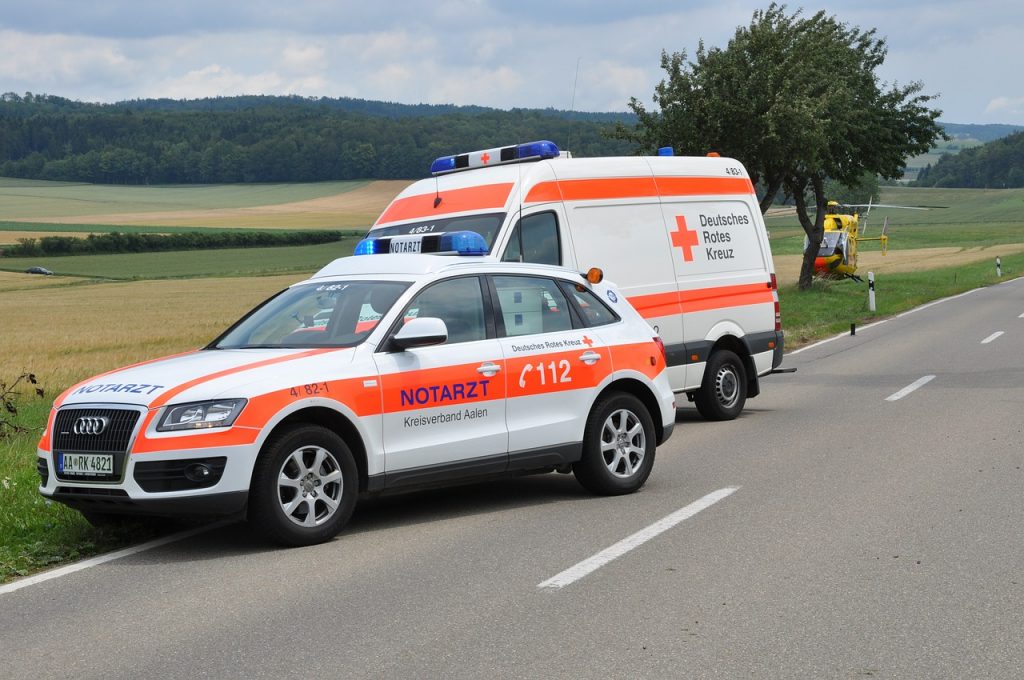Across the globe healthcare takes many different shapes and forms and has evolved greatly in the past century. Across the world organised ambulance services have been organised as well as centres of research for medicine and medical services. Through this article we will review the overall effectiveness of medicine and the changes that have been made within the industry.

Ancient Medicine And Medical Procedure
For many centuries medical procedure has been practised. During the wars between the french and the British such as waterloo surgeons often amputated limbs in order to save soldiers lives as the infection or wound would likely kill them quicker than anything else. This was often done with little to no pain relief. Another older form of treatment was for headaches. During medieval times some “doctors” would drill a small hole in people’s skull in order to expel the demons that were causing the headache. Needless to say this is no longer practised in the current day and age. Although some older methods of treatment were eccentric and often dangerous they illustrated that medical procedure was changing and that there was demand for medical innovation.
The Ambulance Service

Within the UK the first official ambulance service was setup around 1946 at the same time as the NHS was established. During its infancy the ambulance service was very much a transport service and normally bundled injured patients into a van and whisked them to hospital. However since its inception the ambulance service has changed a lot. Ambulances are now normally crewed by an ambulance technician and a paramedic. Care can be administered in the ambulance and at the scene of the emergency. An wide quantity of equipment , drugs and supplies are carried by each ambulance. Across the world a number of ambulance services have been established and many operate similarly. However many ambulance services across the world are under equipped and understaffed which can lead to poorer response times and more casualties. Thankfully within the UK the NHS is relatively well funded and has set targets to reach in terms of response times and patients treated.
New Medical Procedures

Since ancient times medical procedure has come a very long way. Surgeons and doctors now have skills and equipment at their disposal that could previously only be dreamt of. The development of treatments such as morphine , and saline drips have saved countless lives. In addition to this more and more people across the UK are being trained in first aid and CPR. This means that hopefully in the near future may have higher survival rates of heart attacks and cardiac arrest. Currently in the US the city of san diego has among the best survival rates with worldwide. It stands at around 50% , this is mainly due to the majority of the population being trained in CPR from a young age as well as public access defibrillators across the City.
Conclusions And Overall Findings
To conclude there are a number of different observations and findings that can be made about medicine as a whole as well as the ambulance service. Global healthcare standards across the world vary vastly and standards fluctuate. However overall medical procedure and practice has come a long way since its inception and continues to make innovations and changes.


